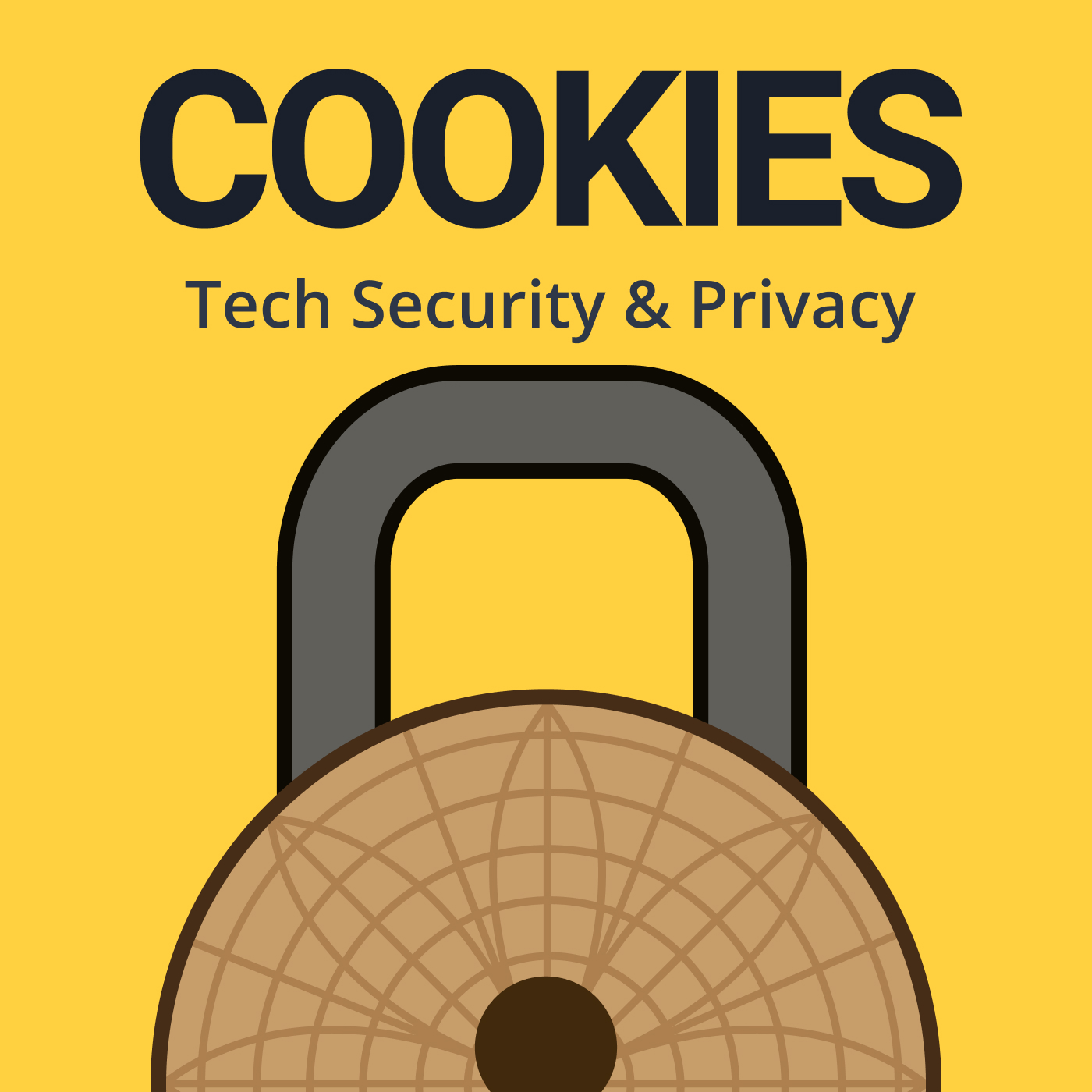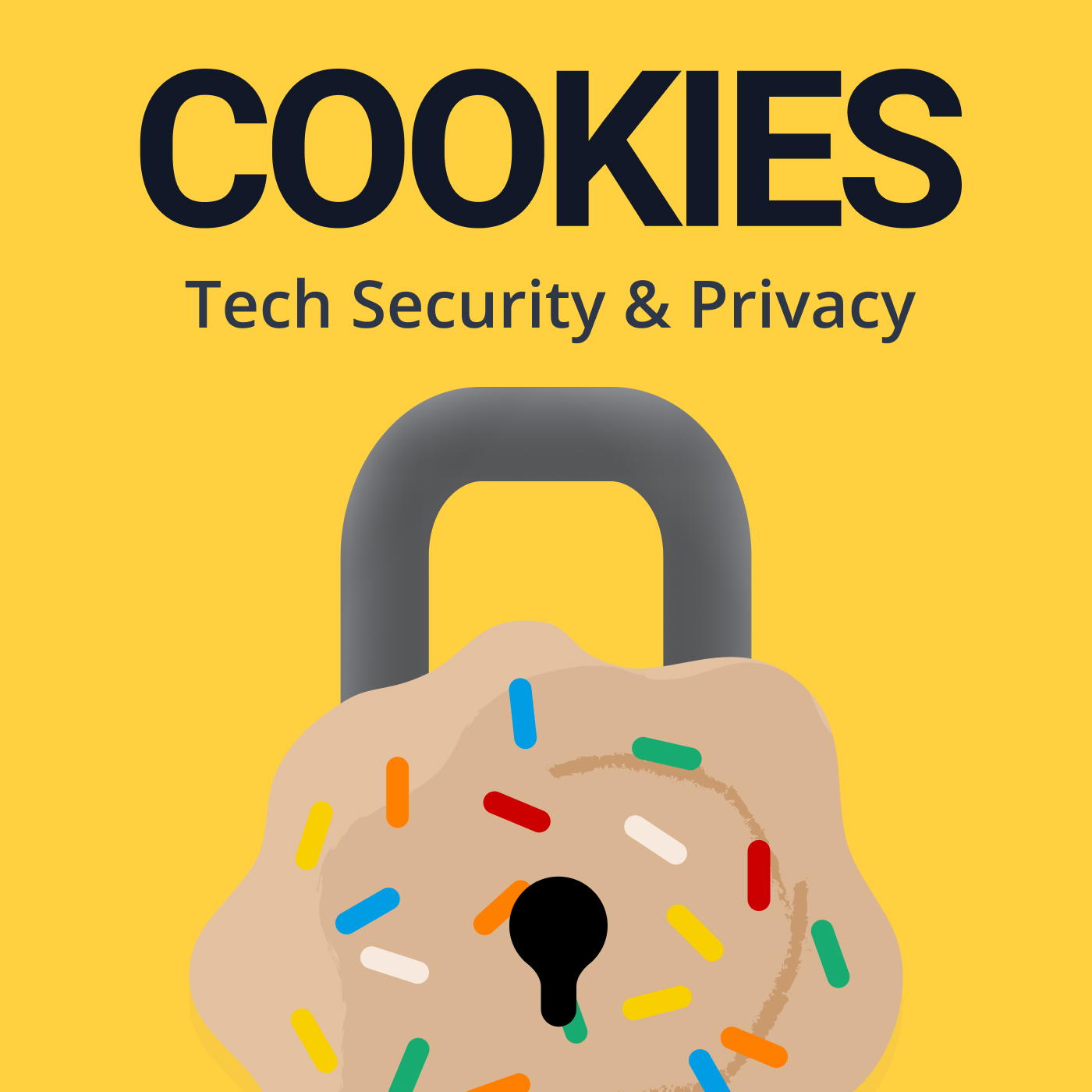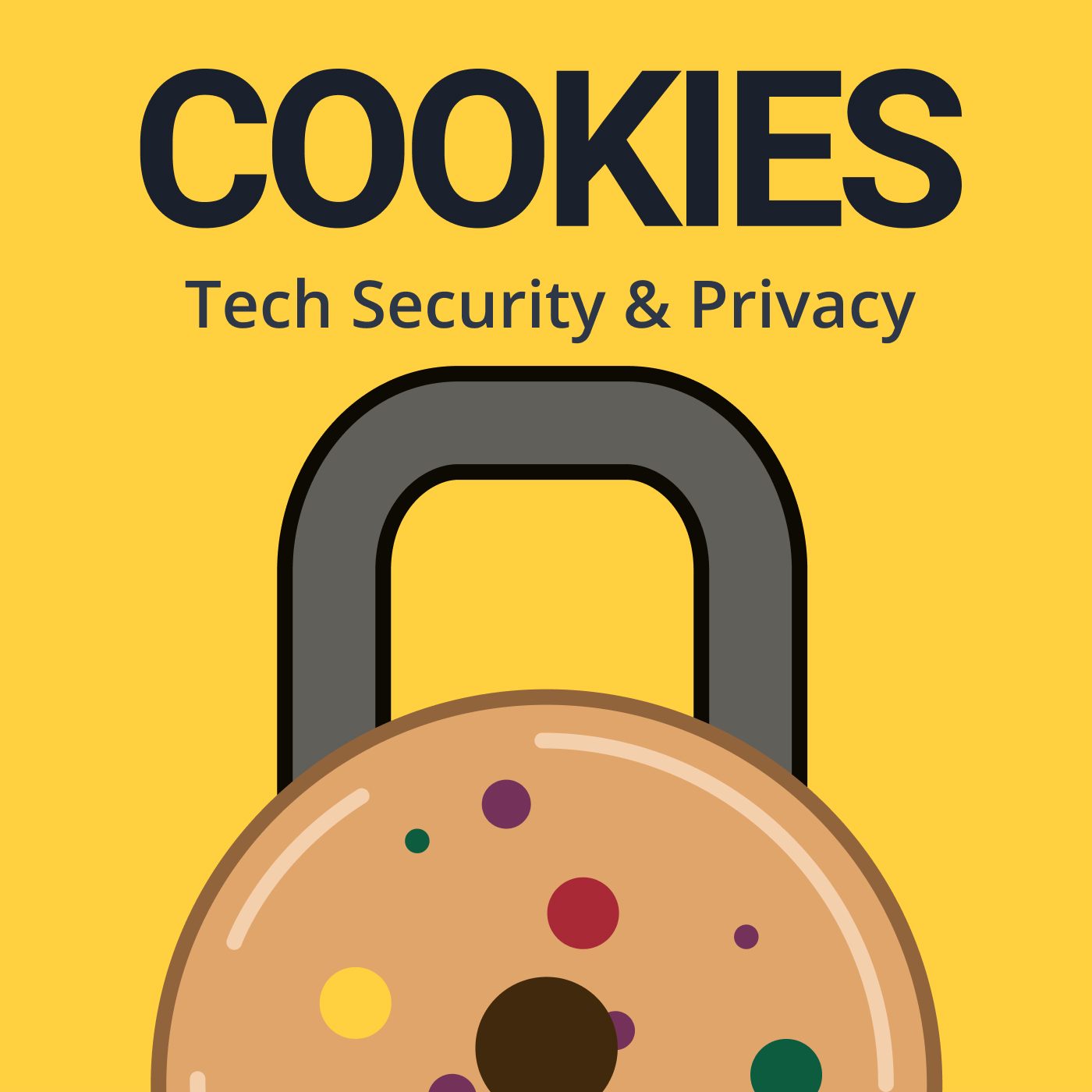Are online learning platforms really secure? Mihir Kshirsagar co-wrote a paper that spells out in startling detail everything you’ve wondered about -- but didn’t want to know -- about how online platforms are allowing students to have their personal data exploited as the students use them for online learning. And he discusses the one mistake instructors often make that could compromise the security of their students' data. He has served at the New York Attorney General’s Bureau of Internet and Technology as the lead trial counsel on matters of consumer protection law and technology.

When you’re shopping for a new gadget online, there’s a good chance you consulted the reviews on YouTube. So many of them are well...

Kevin Lee recently co-wrote a fascinating study about how easy it is for an attacker to gain control of another person’s cell phone. From...

We take our mobile phones everywhere we go, and it’s become scary easy for services and apps to collect information about our movements. But...